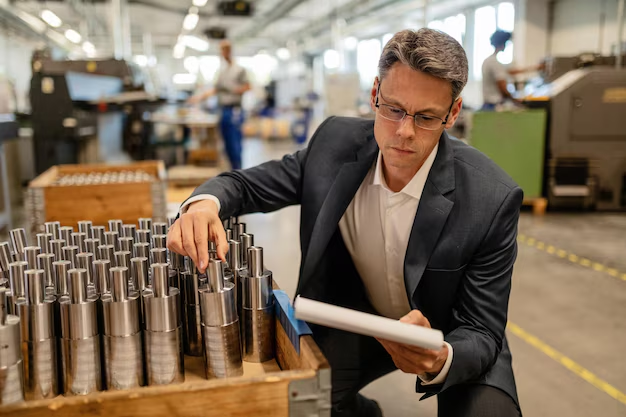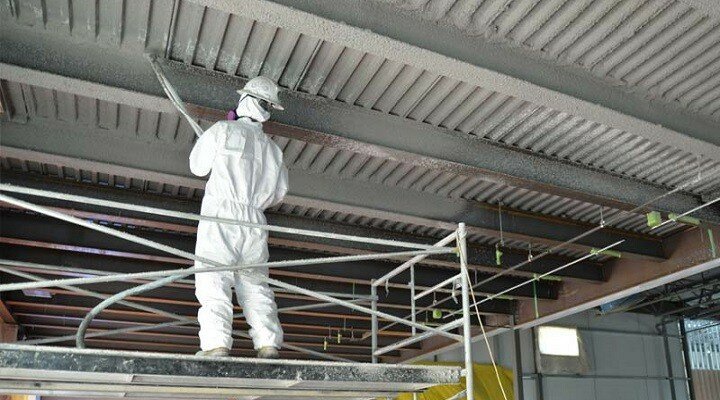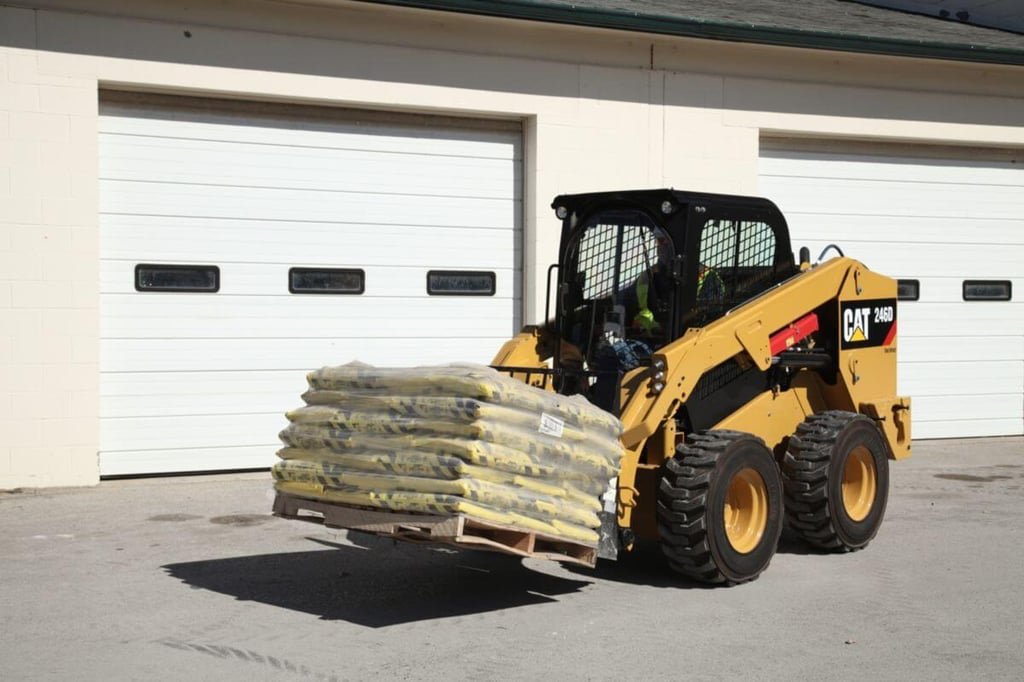The metal recycling industry offers a profitable business opportunity for entrepreneurs and supports environmental sustainability. Among the various sectors in metal recycling, steel scrapping stands out due to its high demand and recyclability. Starting a business like Steel Scrapping LLC can be a rewarding venture, but it comes with its own set of challenges and considerations. This article explores how to become a successful business owner in the steel scrapping industry. It covers tips, potential hurdles, and future opportunities.
Understanding the Steel Scrapping Industry
Steel is one of the most recycled materials in the world. It can be melted down and reused multiple times without losing quality, making it valuable in the recycling market. The steel scrapping business involves collecting, processing, and selling scrap steel to recycling facilities or steel mills. The process typically includes sorting, cleaning, and preparing the steel to meet the specific requirements of recycling companies or manufacturers.
Steel Scrapping LLC can thrive in this market by providing a reliable source of scrap steel to recyclers and manufacturers while ensuring environmentally responsible disposal of steel waste. The industry has grown steadily due to increasing environmental awareness and the push for sustainable manufacturing practices, making steel scrapping a profitable venture for savvy business owners.
Key Steps to Starting Steel Scrapping LLC
To establish a successful steel scrapping business, it’s essential to follow a strategic approach. Here are the crucial steps to get Steel Scrapping LLC up and running:
- Market Research and Business Planning: Before launching Steel Scrapping LLC, conduct thorough market research to understand the demand for scrap steel in your area. Identify potential sources of scrap, such as construction sites, demolition companies, manufacturing plants, and auto repair shops. Analyze your competitors and determine how you can differentiate your services. Based on this research, develop a detailed business plan outlining your target market, operational strategy, budget, and marketing plan.
- Obtain Necessary Licenses and Permits: Steel scrapping involves dealing with potentially hazardous materials, so it’s important to obtain the required licenses and permits to operate legally. These may include a business license, a scrap metal dealer license, environmental permits, and compliance with local zoning regulations. Each state or municipality has specific requirements, so ensure you meet all legal obligations.
- Secure Funding: Starting Steel Scrapping LLC requires investment in equipment, transportation, storage space, and labor. Common expenses include the purchase of trucks, magnetic separators, shears, and containers for storing scrap metal. Consider various funding options such as personal savings, small business loans, or finding investors to finance your startup costs.
- Set Up an Operational Base: To efficiently collect, sort, and store scrap steel, you will need a suitable yard or warehouse. Ensure that the site has adequate space for trucks to load and unload materials and is equipped with the necessary tools and machinery for processing steel. Safety is paramount in this business, so implement measures like protective gear for workers, proper waste disposal, and adherence to safety regulations.
- Source Steel Scrap: Developing a reliable network of scrap suppliers is crucial for maintaining a steady flow of material. Reach out to businesses that regularly produce steel waste, such as construction companies, factories, and auto repair shops. Offer convenient services like on-site scrap collection or competitive pricing to attract and retain suppliers.
- Invest in Quality Equipment: Investing in high-quality equipment for sorting, cutting, and processing scrap steel can improve efficiency and product quality. For example, magnetic separators can help quickly identify ferrous metals, while shears can cut larger pieces of steel into more manageable sizes for transport and recycling.
- Establish Partnerships with Recycling Facilities: Build relationships with steel mills, foundries, and recycling facilities that buy scrap steel. Understanding the quality requirements and pricing structures of these buyers will help you prepare and sell your scrap more effectively. Negotiating long-term contracts can provide a stable revenue stream for Steel Scrapping LLC.
Challenges of Running a Steel Scrapping Business
While steel scrapping can be a lucrative business, it does come with certain challenges:
- Fluctuating Scrap Metal Prices: The value of scrap steel is highly volatile and influenced by global market trends, supply and demand, and economic conditions. Business owners should track market prices to maximize profits. This helps them decide when to buy, sell, or hold inventory.
- Regulatory Compliance: The steel scrapping industry is subject to various environmental and safety regulations. Business owners must comply with laws on waste disposal, pollution, worker safety, and hazardous material transport. Non-compliance can lead to significant fines and harm the company’s reputation.
- High Operating Costs: Steel scrapping involves significant operating costs, including equipment maintenance, fuel for transportation, labor, and insurance. Effectively managing these expenses is crucial for maintaining profitability.
- Competition: The steel scrapping market is competitive, with many players vying for access to quality scrap materials. Steel Scrapping LLC needs to offer great service, competitive prices, and added value like quick pickups or custom processing to succeed.
Opportunities in the Steel Scrapping Industry
Despite the challenges, there are several opportunities for growth and profit in the steel scrapping business:
- Growing Demand for Recycled Steel: The push towards sustainable manufacturing practices has increased the demand for recycled steel. By providing high-quality scrap, Steel Scrapping LLC can position itself as a key supplier to steel mills and manufacturers.
- Expansion into Related Services: Once established, Steel Scrapping LLC can diversify its services by handling other metals like aluminum, copper, or brass, or offering additional services such as demolition and debris removal.
- Technology Integration: Adopting advanced technology, such as automated sorting systems and online inventory management, can improve operational efficiency and customer service, giving Steel Scrapping LLC a competitive edge.
Conclusion
Starting and running a steel scrapping business like Steel Scrapping LLC can be both profitable and environmentally beneficial. Business owners can succeed by conducting market research, obtaining licenses, investing in quality equipment, and building strong supplier and buyer networks. The industry faces challenges like fluctuating prices and regulatory compliance. However, the growth opportunities and potential for profit make steel scrapping a rewarding venture. With the right strategy and dedication, Steel Scrapping LLC can thrive in the competitive market. It will provide valuable services and promote sustainable metal recycling.











